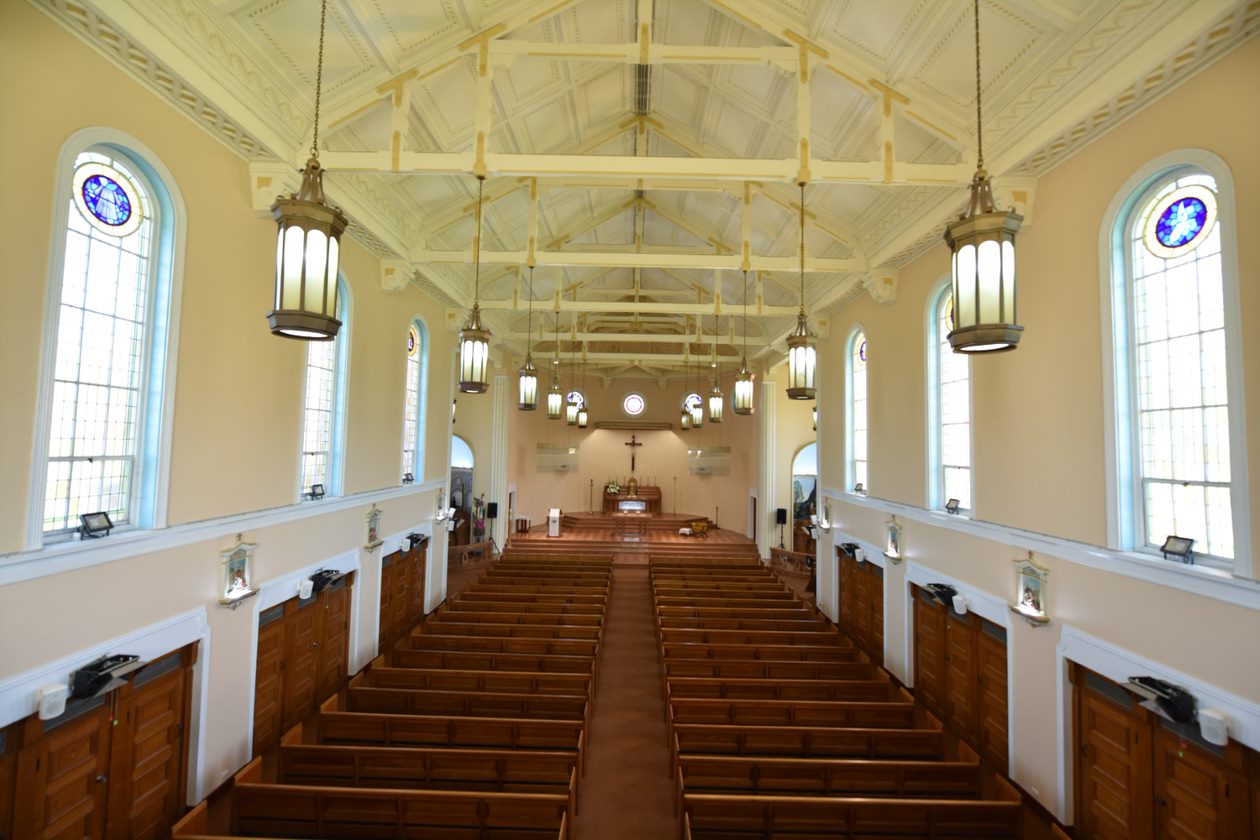Mission Report
June 18, 2020
by Director of Mission, Mr Geoff Brodie
If we were to step aside from our normal routines to write the 2020 chapter in the history of St Patrick’s College, what would we write? What would we include and what might we brush over from this very strange year? History writers require much wisdom as custodians of a community’s heritage.
The Babylonian Exile was a crisis for the Israelites. How could they keep alive their faith in God after being forcibly removed from their homeland? They faced the loss of their unique religion through integration with the local culture. It was during this Exile that the oral traditions of their faith were written down and organised into the first Jewish scriptures. Reading, praying with and studying the scriptures would remind them who they were. And they faced our current question – what to include? Their answer is unique genius, for they included every oral tradition. They included the stories that portrayed them in a good light, and the stories that portrayed them as selfish, ignorant, and disobedient in their relationship with God. The compilers did not reduce the heritage of the whole community to their own view by selecting one version from the competing oral traditions but included them all. King David was a divisive figure in their history so both sides of the story can be found in the Bible. It does make for difficult reading, but the honesty of the recorded history gives the Jewish Scriptures, what Christian tradition has called the Old Testament, an authority that remains today.
The writers of the Gospel were inspired by the same honesty to events. Those poor apostles. Time and time again the Gospels record how they did not understand Jesus. Peter, the first Pope, denies Jesus three times out of fear of his own safety. In the moment of Jesus’ great suffering and death it is heartbreaking to read of the small handful of people who gathered at the foot of the Cross.
The history of our salvation records the frailties and failures of our ancestors because salvation is the victory of God’s love over every human weakness. No matter what distortion of truth and goodness we have served up over time love can overcome to restore the beauty of life and creation. The genius of the Bible authors is the inclusion of the despairing depths and sheer-cliff failures of the human condition as necessary to grasp the glorious power of God’s merciful and creative love.
The distortion and reduction of history to one point of view robs a heritage of its wisdom and power to inspire and reform later generations. The contrast of extremes helps us better understand what we are capable of and the life that God’s love calls us to. To exclude failure in the accounts of our shared history dooms us to the mediocrity and suffering of ignorantly repeating the mistakes of the past. A distorted history leads us to forget the responsibility of human freedom and enslaves us to transient whims and the dominance of others.
Our 2020 chapter should include the lows as well as the highs. We should record accurately and without the bias the experience of the whole community and resist the temptation to include only stories seeking to make us look better than we were in the actual situation. For such courage is the heart of a living heritage capable of being a source of renewal in strange and difficult times.
May the term break be a time of renewal, peace and joy for all our families. May God bless us all.


